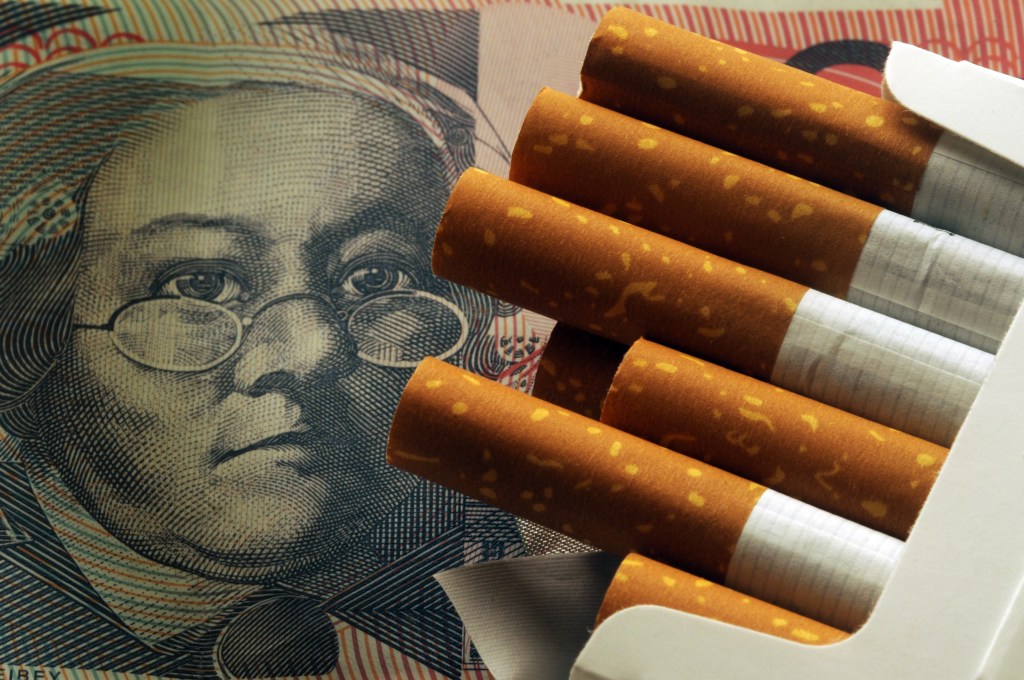Labor leader, Bill Shorten, has formally confirmed plans to extend the tobacco excise if elected next year.
Under the current policy, the last of four 12.5 per cent tax increases, first implemented in December 2013, will occur in September 2016. Under a Labor government, the proposed extension would see these increases continue over the next five years until 2020, with estimates suggesting a packet of 25 cigarettes could cost more than $40 by the end of the decade.
Labor says the increases outlined in the policy proposal are in line with countries such as New Zealand, the UK and France, where smokers contribute more than 75 per cent of the retail price of cigarettes to tax. Australia’s current tax contribution, taking into account the already legislated excise increases, is 63 per cent. This is well below the World Health Organisation’s (WHO) recommendation of 75 per cent, which is currently levied by the aforementioned countries as well as 33 others.
The policy is part of the ALP’s response to Coalition plans to increase the GST to 15 per cent, arguing the $3.8 billion in revenue raised over the four year period is one alternative to raising the GST. Labor says its approach is “about using the tax system to promote, not penalise, healthy behaviour”, while the Turnbull government’s alternative will raise the cost of positive social and economic goods such as education, health, and fresh food.
Estimates based on Parliamentary Budget Office assumptions and International Agency for Research on Cancer research suggest that tens of thousands more Australians would likely quite smoking as a result of each single further increase, while a similar number would smoke less than they would if no increases were applied.
Tobacco industry responds to ALP policy proposal
The tobacco industry has decried the proposal, raising concerns about the already detrimental effects previous tax increases have had on the black market’s pervasiveness.
British American Tobacco Australia said the government could recover more revenue by curtailing illicit trading than from implementing further tax hikes.
Following the release of The Illicit Tobacco Trade in Australia report last week, Imperial Tobacco Australia said “Labor’s policy to dramatically increase tobacco excise will be applauded by organised crime groups who are already making a fortune from trade in illicit tobacco”.
Phillip Morris MD, Nikitas Theophilopoulos, said “a 106 per cent increase in the tobacco excise since 2010 has created the environment for the growth of the illegal tobacco trade in Australia and severely impacted government revenues”.
AACS CEO Jeff Rogut has also derided the proposal, stating implementing another round of tax increases on legal tobacco lacks imagination and is blatantly discriminatory.
“According to the most recent KPMG research, the market for illicit tobacco has grown almost 30 per cent in two years, costing the Government an estimated $1.35 billion in lost tax revenue last year alone,” Rogut said.
“Relentless tax increases play directly into criminals’ hands. Meanwhile adult consumers who choose to smoke are demonised more and more.
“And retailers who responsibly sell a legal product bear the financial brunt of lost sales. It is short-sighted policy that must be resisted,” he said.

